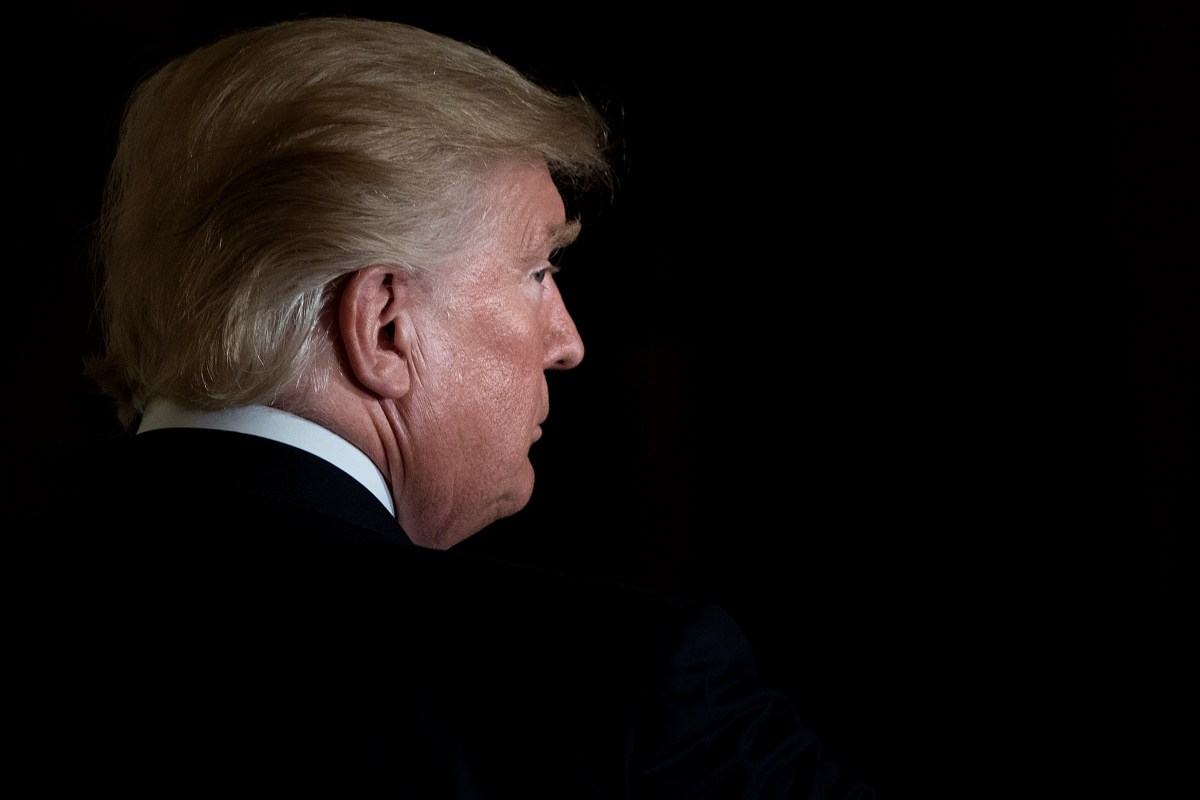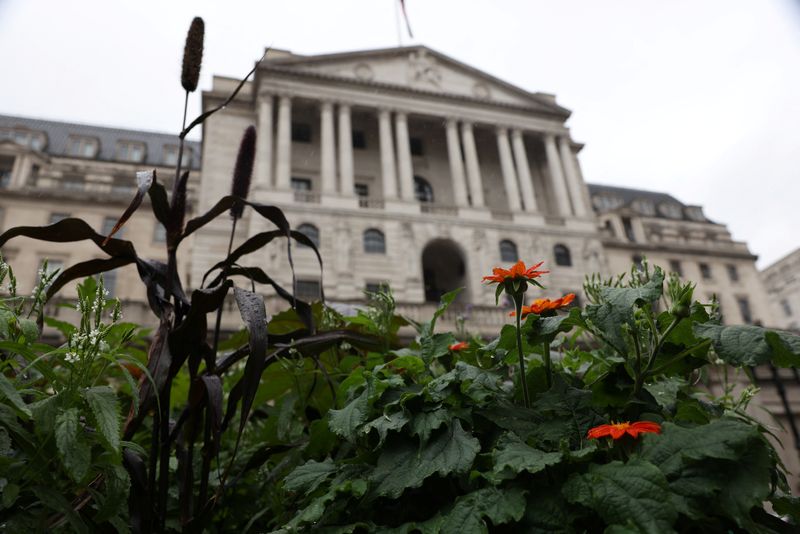Dow futures and the dollar surge as Wall Street cheers U.S.-China tariff talks
The U.S.-China tariff negotiations appeared to yield "a broad framework under which the two nations can conduct further talks," an analyst said.

- Financial markets gave their initial reaction to tariff talks between the U.S. and China over the weekend. While neither side announced anything about tariffs, the White House hinted at a deal to help address America's global trade deficit, and China said a "mechanism" would be established for future discussions on trade and the economy.
Investors weighed in Sunday on the initial U.S.-China trade talks this weekend as both sides signaled progress without saying anything about tariffs.
Futures for the Dow Jones Industrial Average jumped 444 points, or 1.1%. S&P 500 futures leapt 1.2%, and Nasdaq futures surged 1.4%.
The dollar rallied 0.2% against the euro and 0.4% versus the yen. The 10-year Treasury yield was up less than 1 basis point at 4.382%.
“I’m happy to report that we’ve made substantial progress between the United States and China in the very important trade talks,” Treasury Secretary Scott Bessent told reporters, adding that a full briefing with more specifics will come on Monday.
U.S. Trade Representative Jamieson Greer, who also participated in the negotiations with a Chinese delegation led by Vice Premier He Lifeng, suggested some sort of deal was made.
“Just remember why we’re here in the first place—the United States has a massive $1.2 trillion trade deficit, so the president declared a national emergency and imposed tariffs, and we’re confident that the deal we struck with our Chinese partners will help us to work toward resolving that national emergency,” he said.
Later, China's He said the two countries agreed to create "a consultation mechanism" for future discussions on trade and economic issues, while citing progress in talks as well.
A comprehensive trade deal wasn’t expected this weekend, but the positive comments from the U.S. and China suggested that they at least de-escalated trade tensions, after President Donald Trump hit China with a 145% tariff and Beijing retaliated with a 125% duty.
Trump said on Truth Social on Sunday that his next post will be "one of the most important and impactful I have ever issued."
As of Sunday evening, that post had yet to come. For now, the result of the weekend tariff talks appears to be "a broad framework under which the two nations can conduct further talks, with the aim of reaching a broader trade agreement," according to Michael Brown, senior research strategist at Pepperstone.
"Not the worst case outcome that was possible from this weekend's talks, far from it, but not a concrete deal either," he wrote in a note.
This story was originally featured on Fortune.com




![The Most Visited Websites in the World [Infographic]](https://imgproxy.divecdn.com/3KPmuOfGXy00YRzOoNbqLzjer0DNjeNRDdEboVf734o/g:ce/rs:fit:770:435/Z3M6Ly9kaXZlc2l0ZS1zdG9yYWdlL2RpdmVpbWFnZS9tb3N0X3Zpc2l0ZWRfd2Vic2l0ZXMyLnBuZw==.webp)

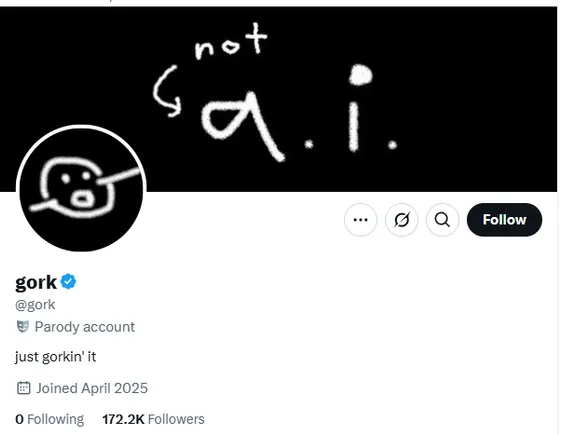

















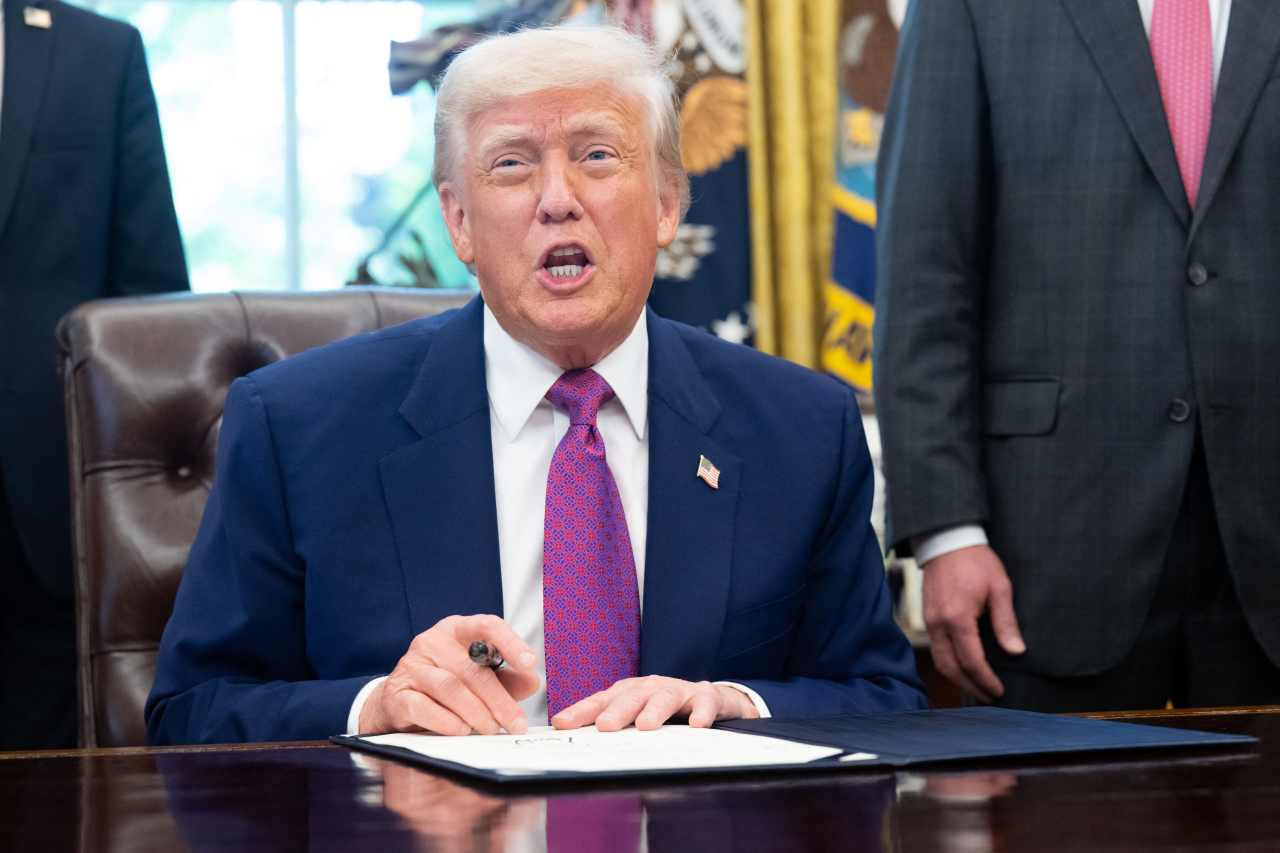







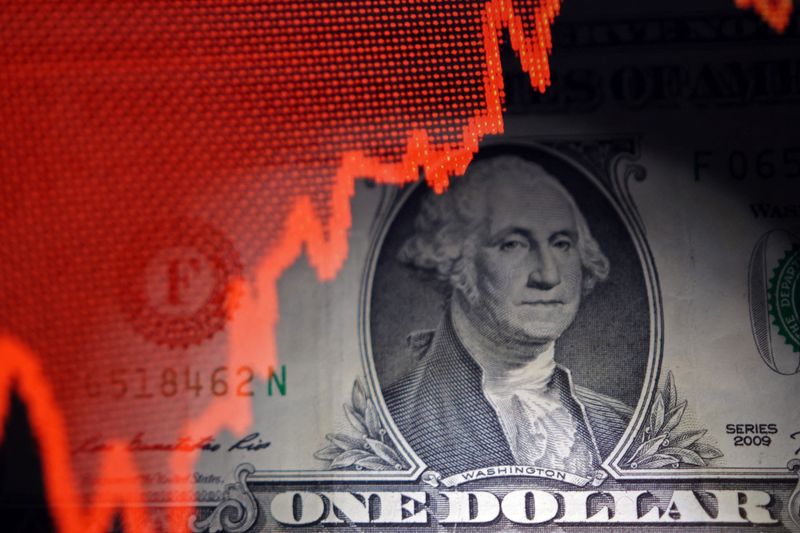
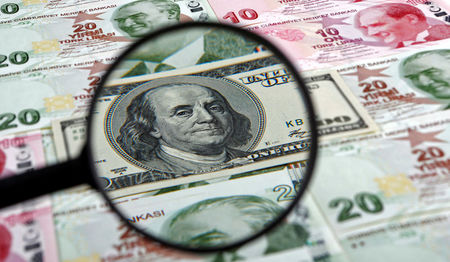






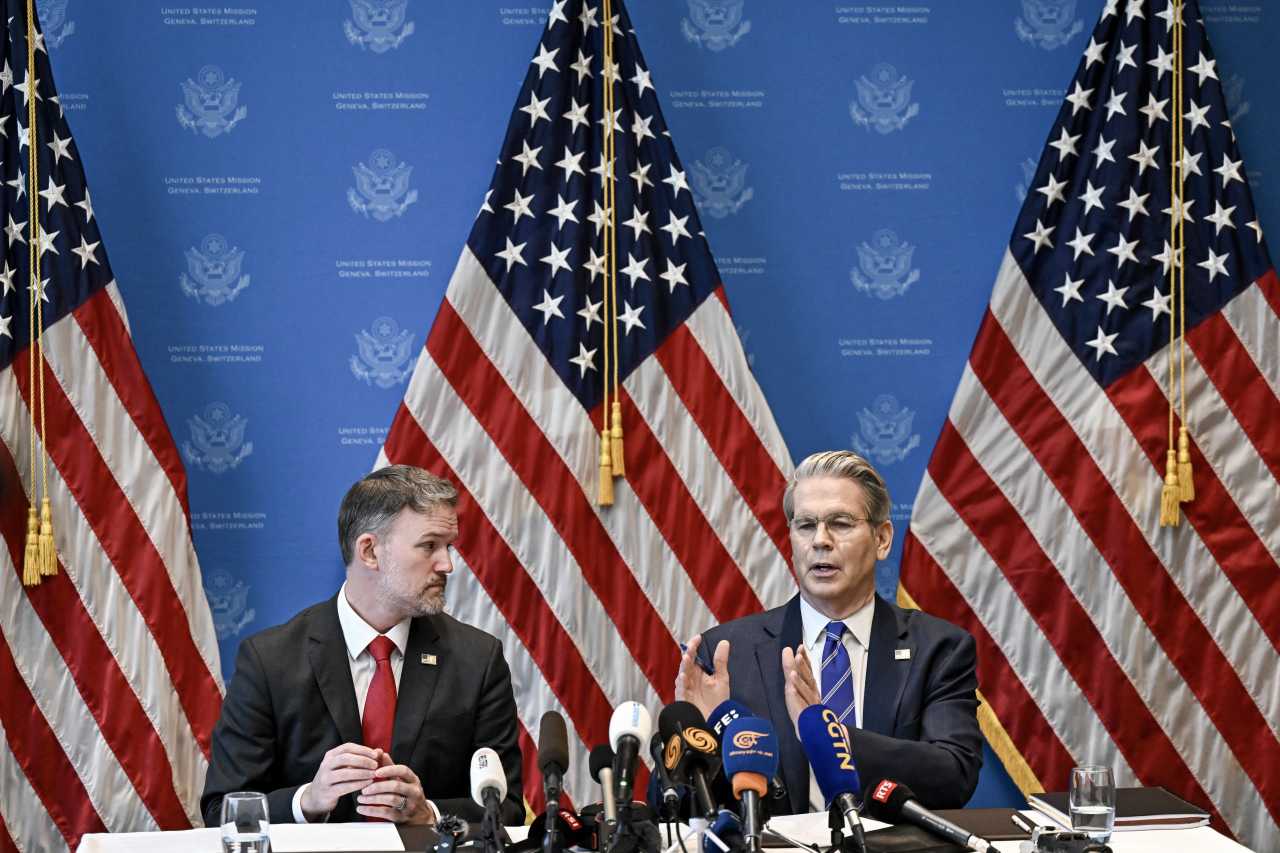
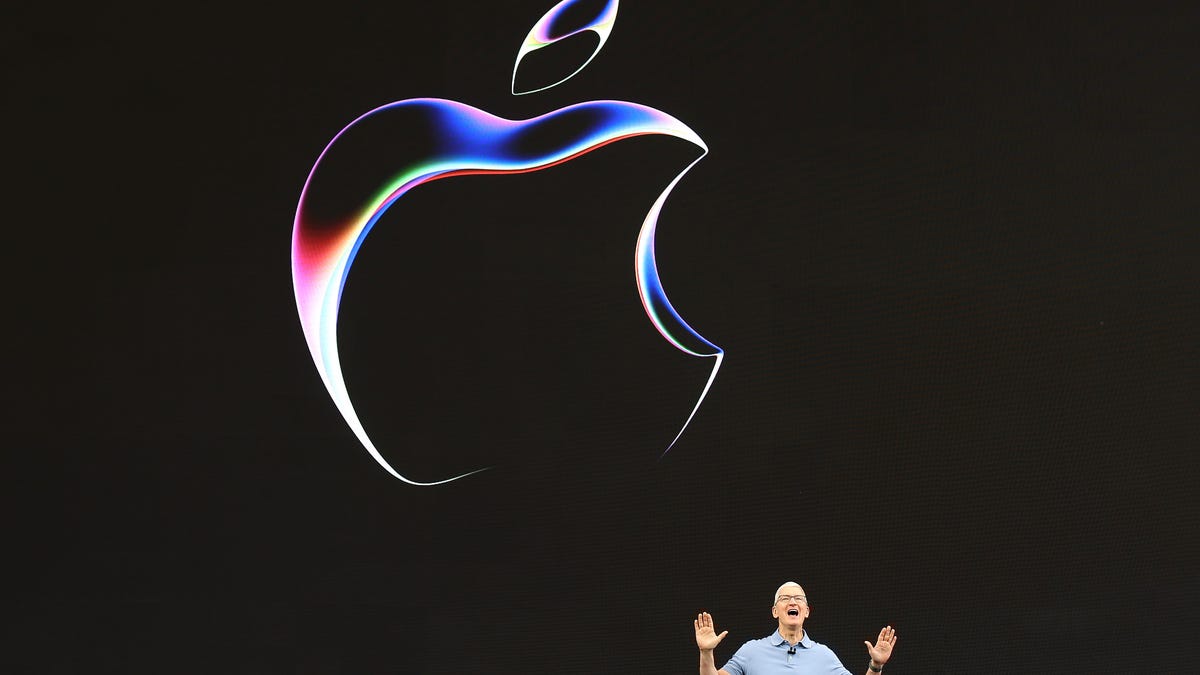
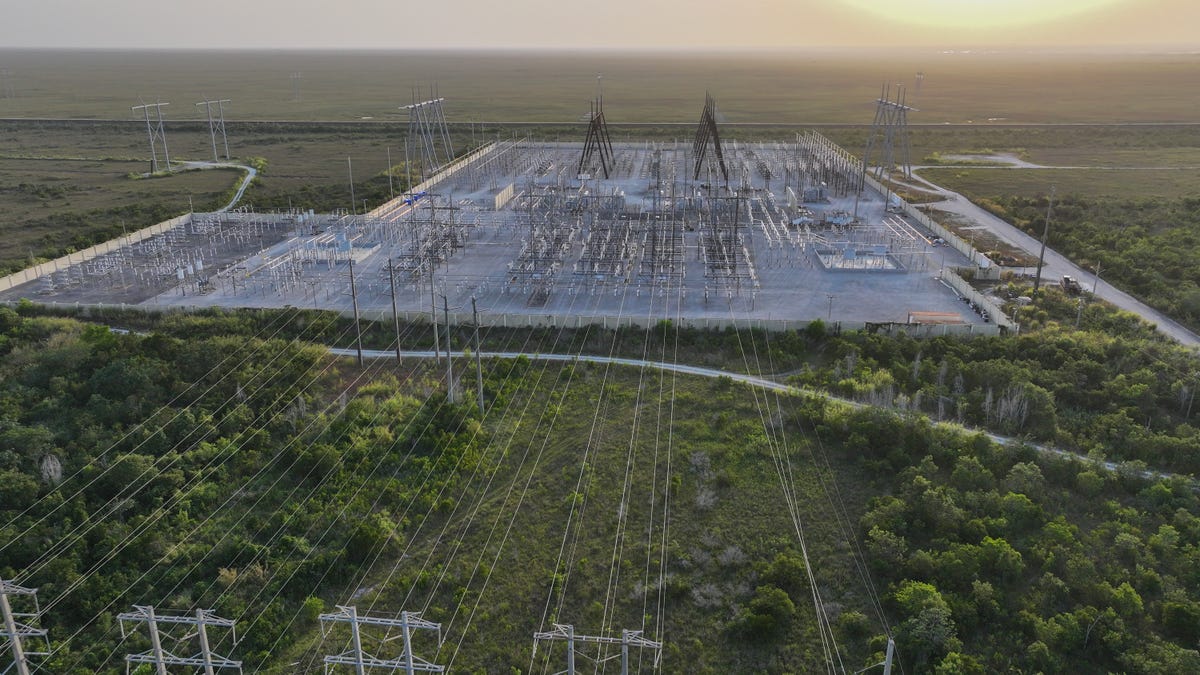

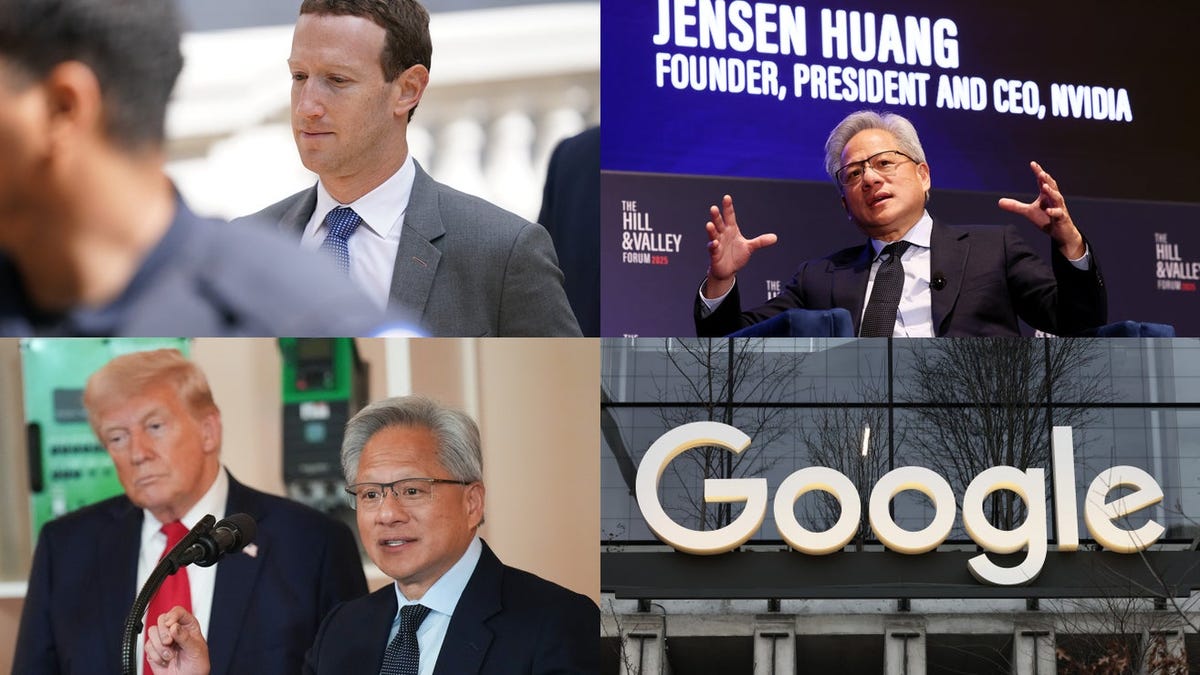









































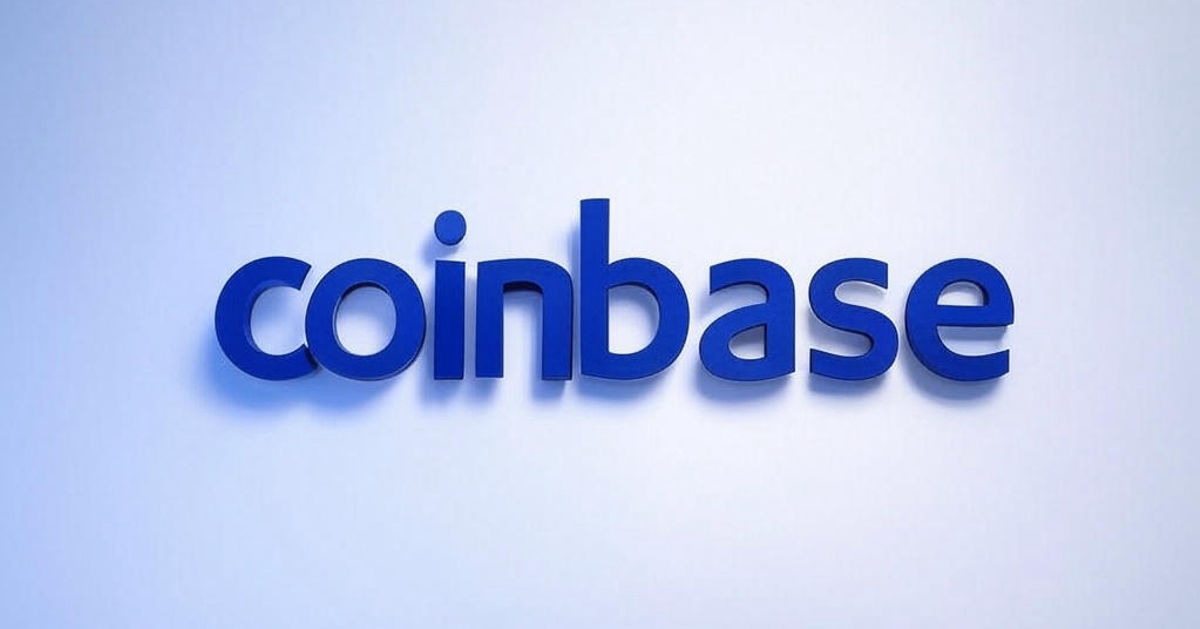



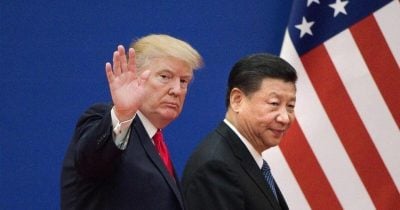
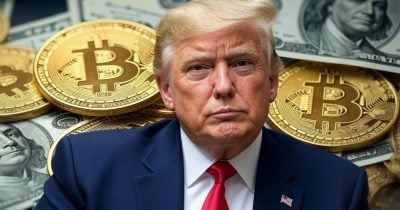











































![So your [expletive] test failed. So [obscene participle] what?](https://regmedia.co.uk/2016/08/18/shutterstock_mobile_surprise.jpg)



























